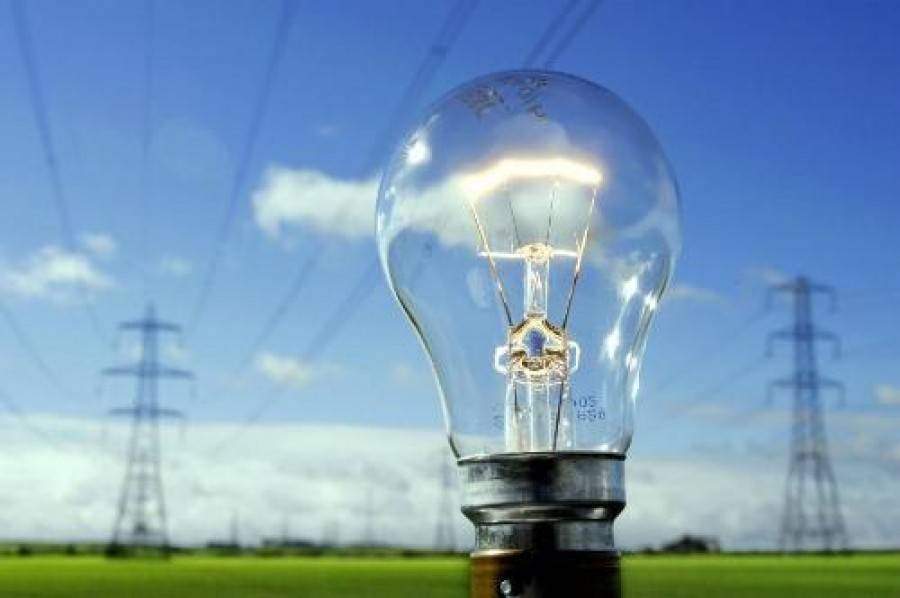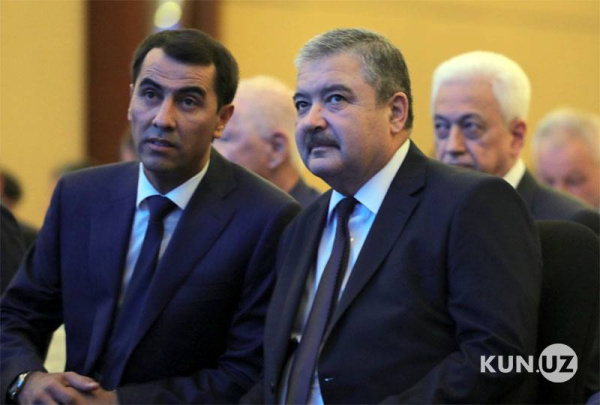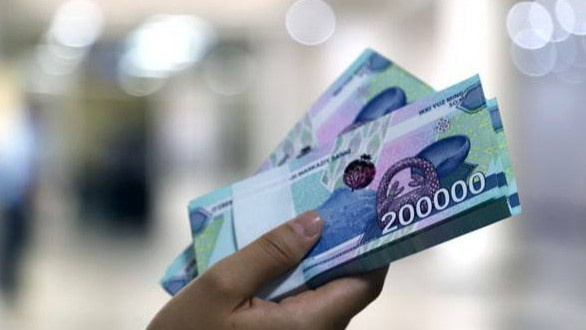The system of smart meters, introduced in Uzbekistan, allows citizens to switch to differentiated tariffs for electricity. However, it is necessary to provide all consumers with a stable energy supply, the press service of the Ministry of Energy said.
“Such a transition is possible only if all consumers are fully provided with a stable energy supply all-day long,” the Ministry of Energy noted.
The ministry indicated that today there are still cases of power outages, mostly in rural areas. This is due to the strong increase in electricity consumption in densely populated areas during peak hours.
“The Ministry of Energy is implementing a number of projects that will increase electricity production and ensure a stable energy supply throughout the country. Then it will be possible to resolve the problems related to electricity supply,” the ministerial press service said.
In particular, many projects are aimed at introducing modern gas turbine units in existing thermal power plants. Currently, 95% of the electricity generated in Uzbekistan is produced using natural gas. The old technologies used in them make it necessary to turn off the plants after 22:00, which leads to the loss of a certain amount of gas during the restart process, the ministry noted.
“The transition to gas turbine technologies, which should be carried out within 5 years, will not completely exclude but will minimize such unproductive gas loss. According to international experience, this will create conditions for the transition to differentiated daily rates,” the press service added.
Differentiated electricity tariffs are used in many countries. They allow the implementation of a flexible tariff setting scheme and, accordingly, payment for electricity consumption. The consumer has the right to conclude agreements either at a tariff differentiated by a day zone (electricity is cheaper at night) or at a single-rate tariff (the same price of electricity during the day). In addition, there is a tariff differentiated depending on consumption (using the basic norm).






